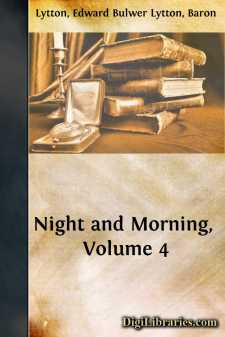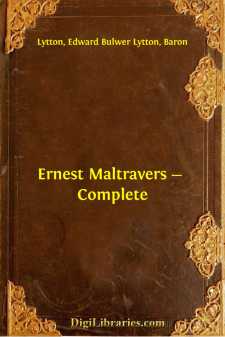Categories
- Antiques & Collectibles 13
- Architecture 36
- Art 48
- Bibles 22
- Biography & Autobiography 813
- Body, Mind & Spirit 142
- Business & Economics 28
- Children's Books 17
- Children's Fiction 14
- Computers 4
- Cooking 94
- Crafts & Hobbies 4
- Drama 346
- Education 46
- Family & Relationships 57
- Fiction 11829
- Games 19
- Gardening 17
- Health & Fitness 34
- History 1377
- House & Home 1
- Humor 147
- Juvenile Fiction 1873
- Juvenile Nonfiction 202
- Language Arts & Disciplines 88
- Law 16
- Literary Collections 686
- Literary Criticism 179
- Mathematics 13
- Medical 41
- Music 40
- Nature 179
- Non-Classifiable 1768
- Performing Arts 7
- Periodicals 1453
- Philosophy 64
- Photography 2
- Poetry 896
- Political Science 203
- Psychology 42
- Reference 154
- Religion 513
- Science 126
- Self-Help 84
- Social Science 81
- Sports & Recreation 34
- Study Aids 3
- Technology & Engineering 59
- Transportation 23
- Travel 463
- True Crime 29
My Novel - Volume 10
Description:
Excerpt
CHAPTER XXI.
Randal's mind was made up. All he had learned in regard to Levy had confirmed his resolves or dissipated his scruples. He had started from the improbability that Pesehiera would offer, and the still greater improbability that Peschiera would pay him, L10,000 for such information or aid as he could bestow in furthering the count's object. But when Levy took such proposals entirely on himself, the main question to Randal became this,—could it be Levy's interest to make so considerable a sacrifice? Had the baron implied only friendly sentiments as his motives, Randal would have felt sure he was to be taken in; but the usurer's frank assurance that it would answer to him in the long-run to concede to Randal terms so advantageous, altered the case, and led our young philosopher to look at the affair with calm, contemplative eyes. Was it sufficiently obvious that Levy counted on an adequate return? Might he calculate on reaping help by the bushel if he sowed it by the handful? The result of Randal's cogitations was that the baron might fairly deem himself no wasteful sower. In the first place, it was clear that Levy, not without reasonable ground, believed that he could soon replace, with exceeding good interest, any sum he might advance to Randal, out of the wealth which Randal's prompt information might bestow on Levy's client, the count; and secondly, Randal's self-esteem was immense, and could he but succeed in securing a pecuniary independence on the instant, to free him from the slow drudgery of the Bar, or from a precarious reliance on Audley Egerton, as a politician out of power, his convictions of rapid triumph in public life were as strong as if whispered by an angel or promised by a fiend. On such triumphs, with all the social position they would secure, Levy might well calculate for repayment by a thousand indirect channels. Randal's sagacity detected that, through all the good-natured or liberal actions ascribed to the usurer, Levy had steadily pursued his own interests, he saw that Levy meant to get him into his power, and use his abilities as instruments for digging new mines, in which Baron Levy would claim the right of large royalties. But at that thought Randal's pale lip curled disdainfully; he confided too much in his own powers not to think that he could elude the grasp of the usurer, whenever it suited him to do so. Thus, on a survey, all conscience hushed itself; his mind rushed buoyantly on to anticipations of the future. He saw the hereditary estates regained,— no matter how mortgaged,—for the moment still his own, legally his own, yielding for the present what would suffice for competence to one of few wants, and freeing his name from that title of Adventurer, which is so prodigally given in rich old countries to those who have no estates but their brains. He thought of Violante but as the civilized trader thinks of a trifling coin, of a glass bead, which he exchanges with some barbarian for gold dust; he thought of Frank Hazeldean married to the foreign woman of beggared means, and repute that had known the breath of scandal,—married, and living on post-obit instalments of the Casino property; he thought of the poor squire's resentment; his avarice swept from the lands annexed to Rood on to the broad fields of Hazeldean; he thought of Avenel, of Lansmere, of parliament; with one hand he grasped fortune, with the next power....












